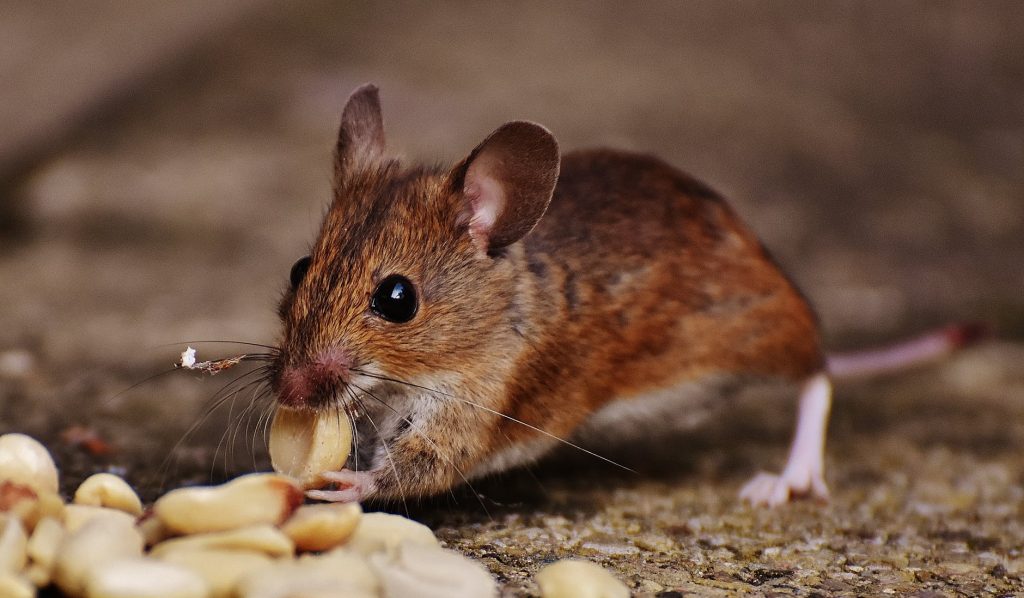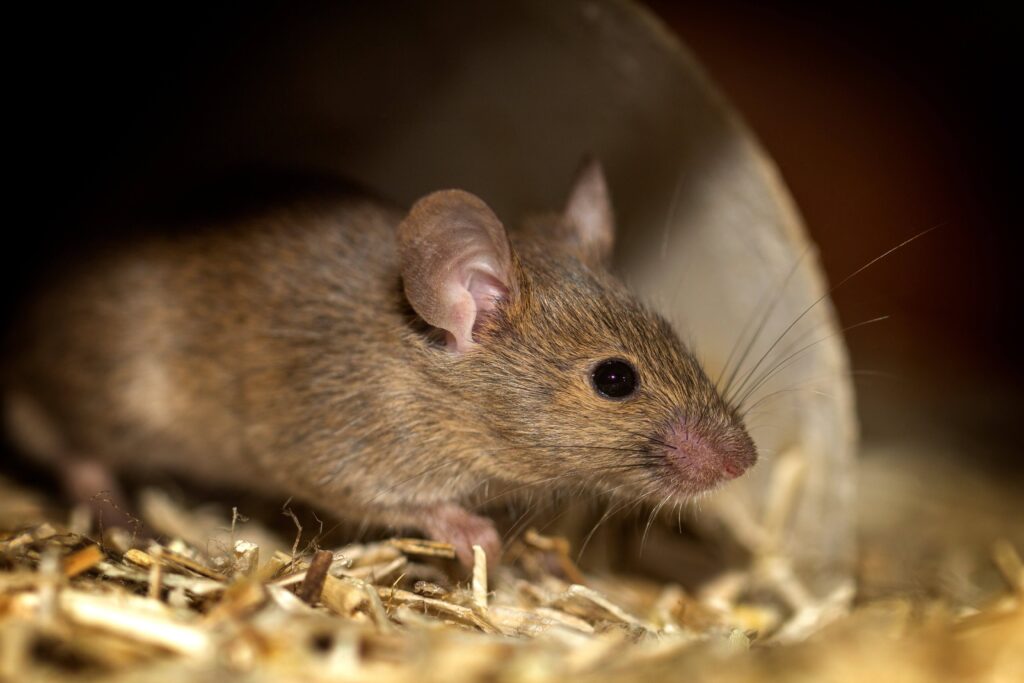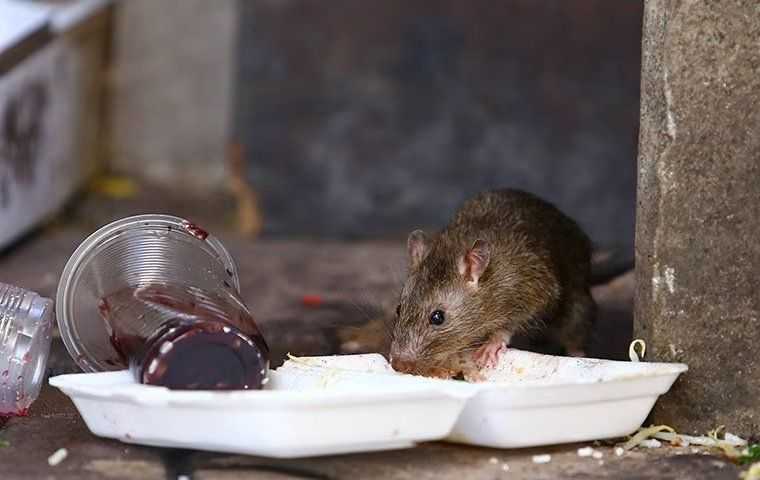Rats are notorious for being one of the most persistent and destructive pests that can invade homes and businesses. These rodents not only cause structural damage by gnawing through walls, insulation, and wiring, but they also pose serious health risks by spreading diseases and contaminating food sources. If you suspect a rat infestation, it’s crucial to act quickly and implement effective rat removal strategies to protect your property and well-being.
Understanding Rat Behavior

To effectively deal with rat removal, it’s crucial to understand the behavioral patterns and habits of these persistent rodents. Rats are highly intelligent and adaptable creatures, which makes them challenging to eliminate once they have established themselves in an area. One key aspect of rat behavior is their ability to reproduce rapidly. A single female rat can give birth to up to 12 offspring every three weeks, and those offspring can start reproducing themselves at around three months old. This rapid breeding cycle allows rat populations to explode quickly if left unchecked.
Rats are also very cautious and wary of new objects or changes in their environment. This natural wariness makes them hesitant to approach unfamiliar traps or bait stations initially. To overcome this, it’s important to allow rats to become accustomed to new objects before attempting to trap or bait them. Another important factor is their excellent sense of smell, hearing, and taste. Rats can detect minute food sources from a remarkable distance using their keen sense of smell. They also have an acute sense of hearing that allows them to pick up on the slightest sounds, alerting them to potential danger.
Understanding these behavioral traits is key to developing effective rat removal strategies. Patience, persistence, and an understanding of rat psychology are essential for successfully eliminating these rodent intruders from your property.
How can you tell if you have a rat infestation?
There are several signs that may indicate a rat infestation, including droppings (dark, cylindrical pellets), gnaw marks on walls, baseboards, or furniture, and the presence of nests made from shredded materials like paper or insulation. You may also hear scratching or scurrying sounds, particularly at night.
Exclusion: The First Line of Defense

Exclusion is widely considered the most effective first line of defense against rat infestations. This approach focuses on sealing off potential entry points to prevent rats from gaining access to your home or business in the first place. Thoroughly inspect your property for any cracks, holes, or gaps – even those as small as a quarter-inch can allow rats to squeeze through. Use durable materials like caulk, steel wool, or concrete to seal these openings permanently. Pay close attention to areas where utilities and pipes enter the building, as these are common entry points for rats. By eliminating easy access, you make your property far less appealing to these persistent rodents.
Trapping: A Humane Approach
Trapping offers a more humane and targeted method for rat removal compared to poisonous baits. Live traps allow you to capture rats without causing harm, so they can be relocated safely away from your property. Set multiple traps along common rat runways and bait them with enticing foods like peanut butter, bacon, or dried fruit. Check traps regularly and quickly release any captured rats in a remote area. Lethal snap traps can also be effective, but require properly disposing of the rat remains. When using any traps, place them in areas inaccessible to children and pets. With some patience, trapping can humanely control rat populations.

How do you properly set up and bait rat traps?
When setting up traps, place them along walls or in areas where you’ve noticed rat activity, such as near droppings or gnaw marks. Use high-protein baits like peanut butter or bacon to attract the rats. Check the traps regularly and dispose of any captured rats properly.
Baiting and Rodenticides
In cases of severe or persistent rat infestations, baiting with rodenticides may become necessary. Rodenticides are toxic baits designed to kill rats after they consume a lethal dose. These poisons must be used with extreme caution, as they can be hazardous to children, pets, and non-target animals if ingested. Always follow label instructions carefully and place bait stations in areas inaccessible to anything other than rats. Rodenticides should be viewed as a last resort method, as improper usage can have dangerous consequences. If using this approach, consider hiring a professional pest control expert to ensure safe and effective application of rodenticides.

Professional Pest Control Services
For severe or persistent rat infestations that seem unmanageable, enlisting professional pest control services may be the best solution. Experienced technicians have extensive training in rat biology, behavior, and the most effective elimination methods. They have access to specialized equipment and products not available to homeowners. Professionals can accurately assess the extent of the infestation and develop a customized rat removal plan tailored to your specific situation. While hiring pest control comes at a cost, it provides peace of mind knowing the job is being handled safely and efficiently by experts. When rat problems become overwhelming, professional pest control services are invaluable for eliminating these destructive rodents.
Sanitation and Habitat Modification
Maintaining proper sanitation and modifying rat habitats are essential for both prevention and control of infestations. Rats are attracted to areas with readily available food sources, water, and shelter. Remove any spilled food, store edibles in sealed containers, and ensure trash is disposed of regularly. Eliminate sources of standing water like leaks or clogged drains. Get rid of clutter that rats could use as nesting material. Trim back dense vegetation from around structures, as this provides rats with protective cover. By making your home or business less hospitable, rats will be discouraged from taking up residence. Combining good sanitation practices with habitat modification creates an uninviting environment for these destructive rodents.

What are some effective ways to make your property less appealing to rats?
To make your property less appealing to rats, practice good sanitation by keeping areas clean and free of food sources, remove clutter and potential nesting materials, seal up entry points, and eliminate sources of moisture or standing water. Maintaining a well-kept property can discourage rats from taking up residence.
Conclusion
Dealing with a rat infestation can be a daunting and overwhelming task, but by implementing effective rat and bat removal strategies, you can regain control of your property and protect your health and safety. Remember, prevention is key, so take proactive measures to seal off entry points and eliminate potential food and water sources. If you suspect a rat problem, act quickly and consider seeking professional assistance if necessary. With persistence and the right approach, you can successfully remove these unwanted rodent intruders from your home or business.